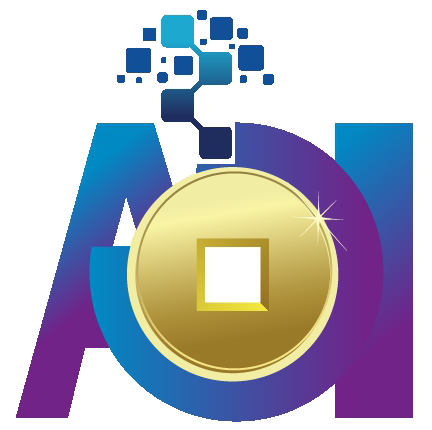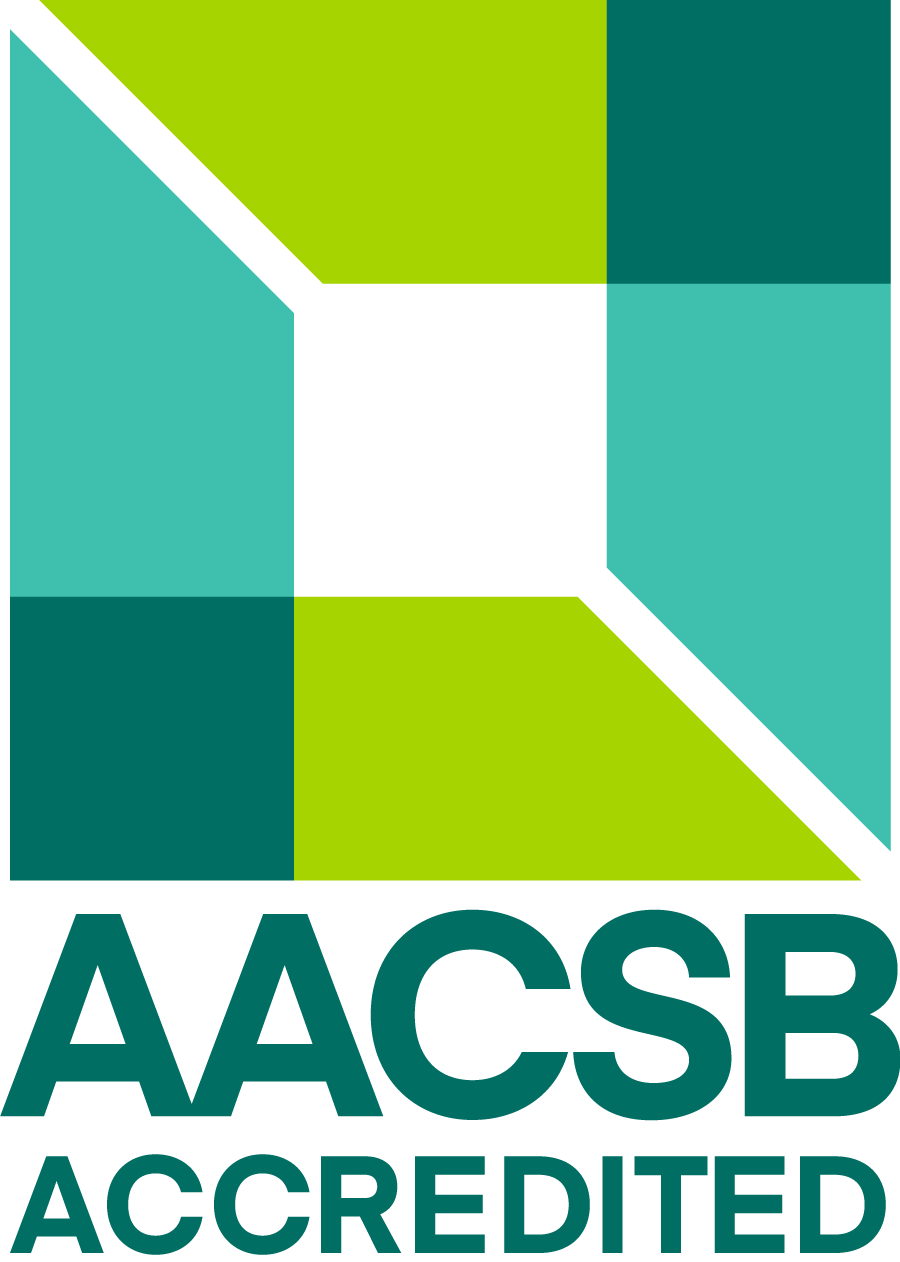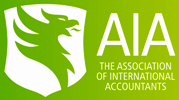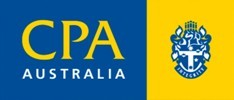Bilingual study plan for college students and introduction to EMI
1. Bilingual Learning Program
Focus on promoting the two major axes of "key training" and "popularization improvement", strengthen students' English ability, promote all-English courses (or EMI courses, English-Medium-Instruction Courses), and overall enhance the international competitiveness of higher education.
The performance goal setting takes student performance as the key performance indicator, including improving students' English ability and improving students' bilingual professional ability. Each school (college) at least achieves the following goals:
(1) Reaching “25-20-20” in 2024: By 2024, at least 25% of the sophomore students in Benchmark University and Benchmark College will have at least 25% of their English proficiency in listening, speaking, reading, writing, reading and writing reaching CEFR B2 or higher. At the same time, at least 20% of the second-year students and first-year master students in the whole school, more than 20% of the credits taken in the year are all English courses.
(2) Achieving "50-50-50" by 2030: By 2030, at least 50% of the sophomore students in Benchmark University and Benchmark College will be fluent and proficient in listening, speaking, reading and writing above CEFR B2, and at the same time At least 50% of sophomore students and master students have more than 50% of their credits for the year in full English courses, and promote the certification of EMI courses for graduation certificates to integrate with international and industry.
2. What is an EMI course?
The full name of EMI is English as a Medium of Instruction, that is, all-English teaching and all-English teaching. It is worth noting that speaking English in the classroom is not called EMI. Rigorous EMI teaching must include the following three conditions:
(1). What? Teaching professional subjects (such as natural sciences, statistics, psychology)
(2). How? Use English as a "teaching tool"
(3). Where? In areas where English is not native language (eg Taiwan)






